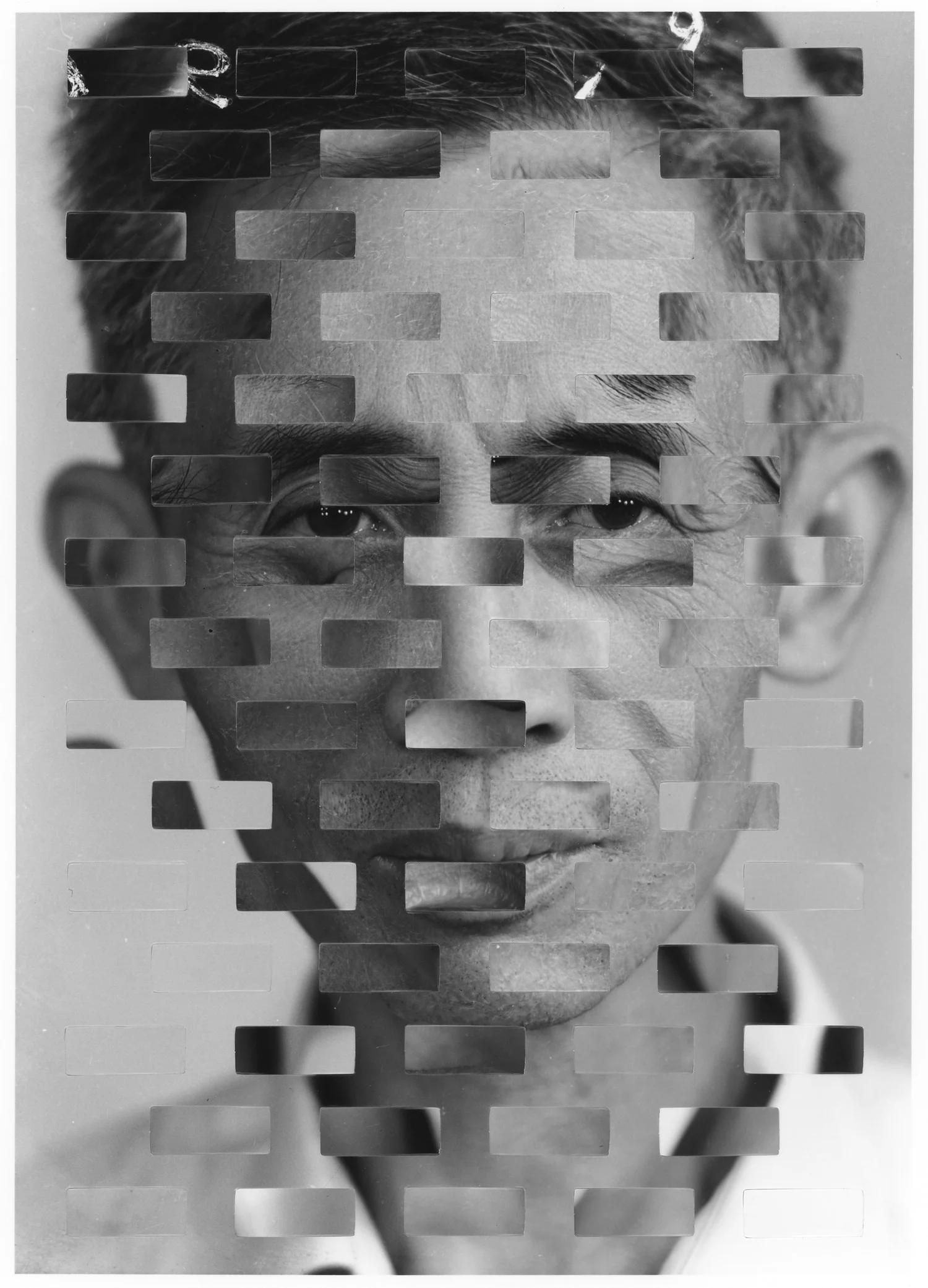Art & Commerce Series Have you heard of Aroma Poetry, Lab Grown Bones, Mixed Reality Making The Mundane Magical. These were each created by artists who are applying technology in new ways to areas they are fascinated by -- everything from biology to virtual reality. Artists are leading the way in taking down barriers and showing connections between art and technology. Living in Seattle where there has been much friction between art and technology, I see great opportunity if only the two sides will connect.
“The next 10 years will require people to think and work across boundaries, into new zones that are totally different than their expertise. They will not only have to cross those boundaries, but they will also have to identify opportunities and make connections between them.” - Designer Clement Mok
The starving artist is a well-known metaphor, but this doesn’t have to be our lives. If we are willing to do the work of creating something unique instead of being comfortable with producing pale imitations. In the book “Rembrandt’s Enterprise: The Studio and the Market” author Svetlana Alpers shares about Rembrandt the artist being an entrepreneur and businessman. How his successes in the marketplace brought him honor in contrast to the artists who sought honor through the patronage of the wealthy or religious institutions.
Daniel H. Pink in his book “A Whole New Brain: Why Right Brainers Will Rule The Future” encourages individuals to ask themselves the following three questions about what they’re doing to earn a living:
- Can someone overseas do it cheaper?
- Can a computer do it faster?
- Is what I’m offering in demand in an age of abundance?
We are at a pivotal time where artists have the unique ability to team up with businesses and organizations in a variety of industries to create as Pink’s book states “artistic and emotional beauty, to detect patterns and opportunities, to craft a satisfying narrative and to combine seemingly unrelated ideas into novel invention.”
5 Ways To Begin Uncovering New Opportunities
- Go online or visit your bookstore, find a magazine that is not what you would normally read. Look for an article that fascinates you and follow your curiosity. Keep your eyes open for opportunities.
- Experiment with how you share your art, look for new technology or avenues you have not previously used. Think about how you can tweak your work to tell a better story or capture a new audience through the platform.
- Have coffee with a friend in a different industry, and pick their brain as to what new industry trends, technologies, etc. are currently inspiring them. Look for ways to adapt the idea for your own art.
- Create an inspiration board around a word, article, texture or image that you find compelling. You know those crime boards every TV show has, imagine yourself as a detective and begin to connect the pieces.
- Make digital solitude a part of your life. This past weekend I unplugged from my phone and computer as part of a 25-Hour Experiment, this allowed me to have undistracted conversations and think deeply on ideas. I believe it is in depth that we are going to find our competitive differentiation.
“The challenge in this era of globalization - for countries and individuals - is to find a healthy balance between preserving a sense of identity, home and community and doing what it takes to survive within the globalization system.” - Thomas Friedman
Image By: Lindsey Bolling Photography



